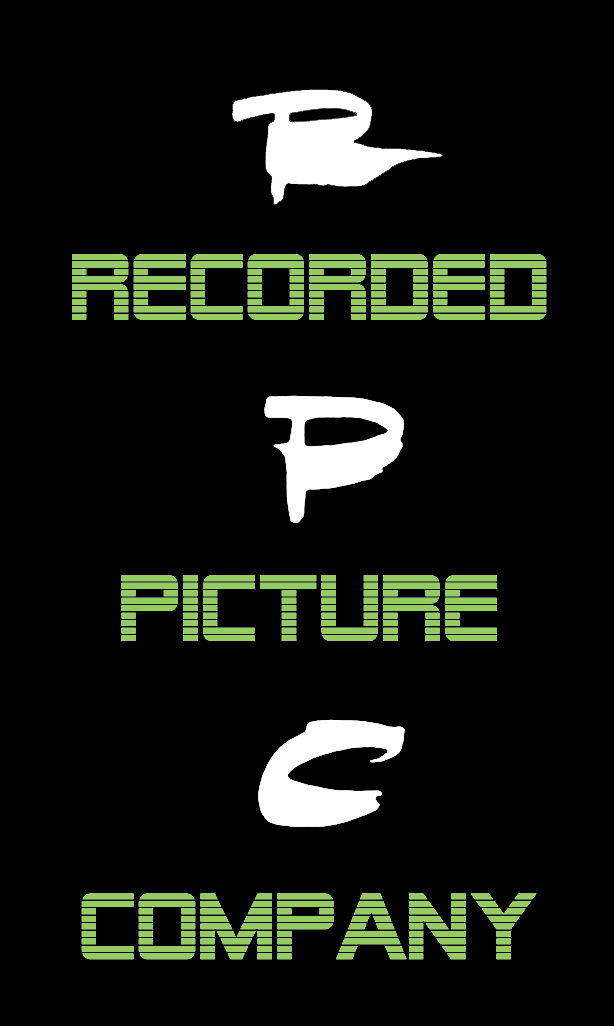The Storms of Jeremy Thomas, a road trip through the history of film - Festival de Cannes
Picture of the movie The storms of Jeremy Thomas © Jeremy Thomas
Movie buff and director Mark Cousins whisks us away on a 1,000-kilometre road trip from London to Cannes, with Jeremy Thomas riding shotgun, in a journey that serves as the setting for an interview. An exploration of the British producer's sixty-eight-plus remarkable films, and an invitation to delve into the history of film, from the locations used for The Dreamers in Paris, to Lyon, the birthplace of cinema, and finally the Festival de Cannes.
What do you remember from your first meeting with Jeremy Thomas?
I was struck by his gentleness. His films are so sexual and so much about power and destruction, that I expected him to be like Cosimo de' Medici – a controlling movie emperor or mogul. Instead I met someone with great warmth and an almost boyish enthusiasm. But then I saw him at a drinks party, and he was encircled by great directors and actors. So there is the court of Jeremy Thomas!
Before meeting him, how did his films particularly move you?
I first started seeing Jeremy Thomas films – Bad Timing, Merry Christmas Mr. Lawrence, etc- in my late teens. I loved how dark and dangerous they were, the baroque emotions in Bad Timing, the gay kiss between David Bowie and Ryuichi Sakamoto. How exciting, alluring and scary. I hadn’t yet been in love, but they showed me the dark side of love, its electric storm This was some years before I started making films myself, but my determination to try to innovate and not to compromise on form or content is related to seeing Jeremy Thomas films in my teens.
You tell the film in a series of chapters on specific themes. How did you come up with th idea? What else did it allow you to say about Jeremy Thomas?
The chapter structure – Cars, Sex, Politics, Death, Cannes, Endings – allowed me to look at Jeremy and his work in 6 different ways. He has contradictions and so one single storyline would have been too linear. I needed to see him from multiple angles. The themes are also – everyone’s life has political, sexual and mortal elements. Someone else might have made film about a producer by looking at planning, budgeting, shooting, post-production, etc, a that might as well have made a great film. But I wanted to rummage around in the big stuff.
Could you tell us more about the editing process? How did you work with Timo Langer to make this film so immersive?
I write each scene/moment/visual or musical idea on an A6 piece of paper. Then I arrange these 100 or so scenes in orders and sequences which feel right. Once I have that order – the shape of the film – I type it up into a paper edit which contains details of the film clips, shots, etc, and the words I have written to those clips. Then Timo and I sit in a room, him constructing the sequences out of my notes, me at an adjacent desk, looking for other images, etc. Working this way means that we aren’t searching for the structure or the tone in the edit. We have it from the start.
You said the film is also a celebration of radical Englishness. According to you, how does Jeremy Thomas embody the Englishness you referred to?
Jeremy was born into a priveleged Home Counties, cultured family and yet, from the start his films, he has focused on outsiders or the tumult which lies beneath the surface of bourgeois lives. His Japanese films, those he has made about myth, obsession or self loss all challenge the Rule Britannia exceptionalist story that England often tells itself. The real England of philosopher John Locke, sexual modernist Virginia Woolf, painter Francis Bacon impresario Malcolm McLaren, designer Vivienne Westwood and filmmaker Michael Powell imaginatively daring, untamable and outward. Jeremy Thomas’ work is all these things. Boris Johnson does England the great disservice of under-imagining it.
Your films tell the most beautiful story of all: the love you have for cinema. How did this medium come to capture so much of your attention in the first place?
I grew up in Northern Ireland during the Troubles. I was a nervy little boy, but when I went the cinema, the nerves dissolved. Cinema was luminous, bigger than life, a world shift, a magic casement. I fell hard for it. As I was also much better at images than words, it seem to speak my language. Shots and cuts seemed to echo how my brain worked. And, in a basic sense, since I had almost no money, cinema was affordable. The affordable sublime.
Written by Eugénie Malinjod
https://www.festival-cannes.com/en/73-editions/retrospective/2021/actualites/articles/the-storms-of-jeremy-thomas-a-road-trip-through-the-history-of-film#

